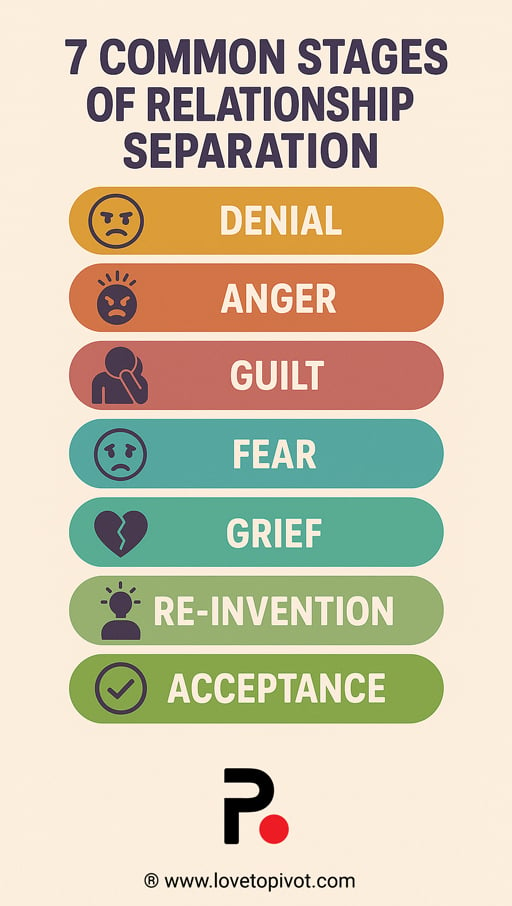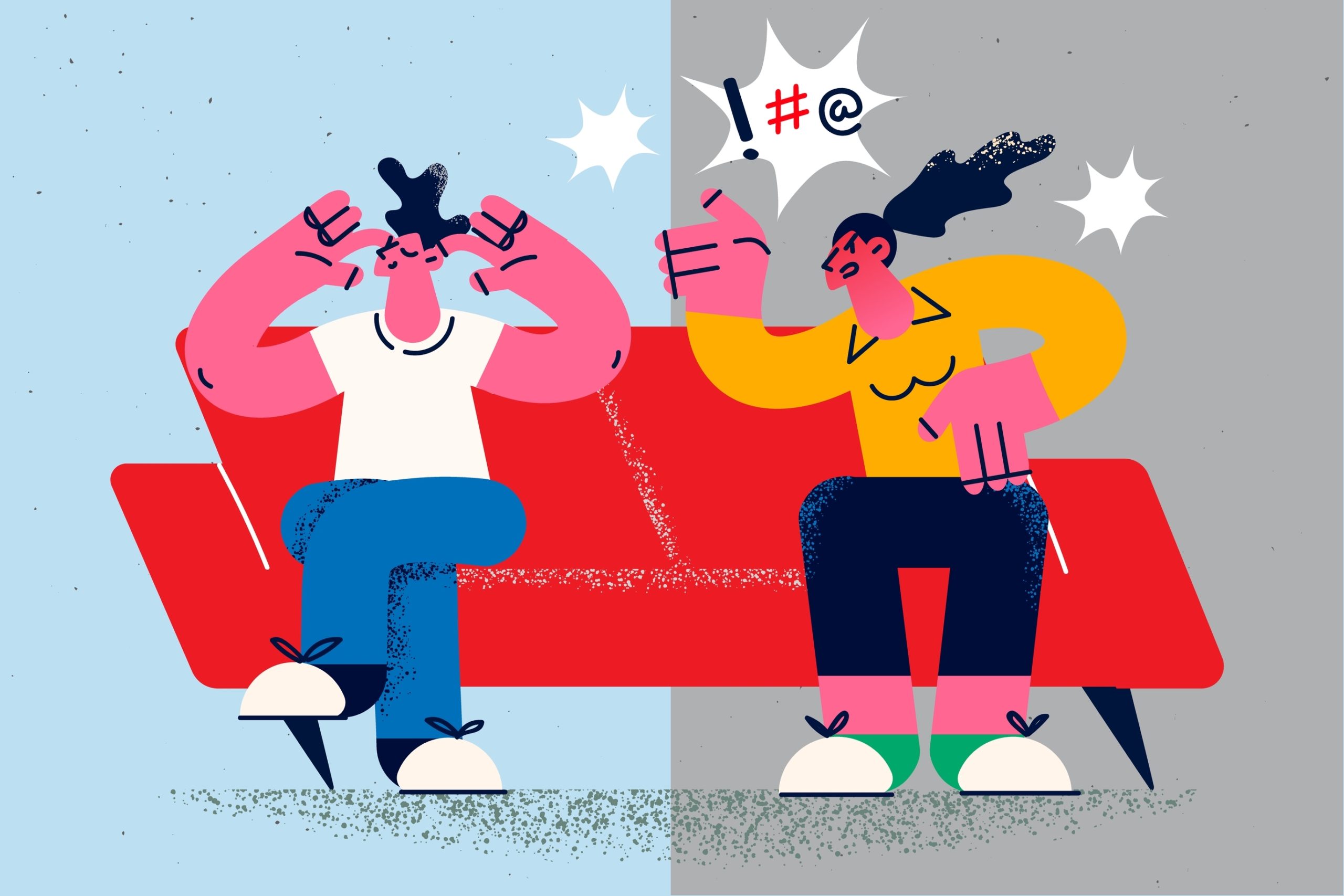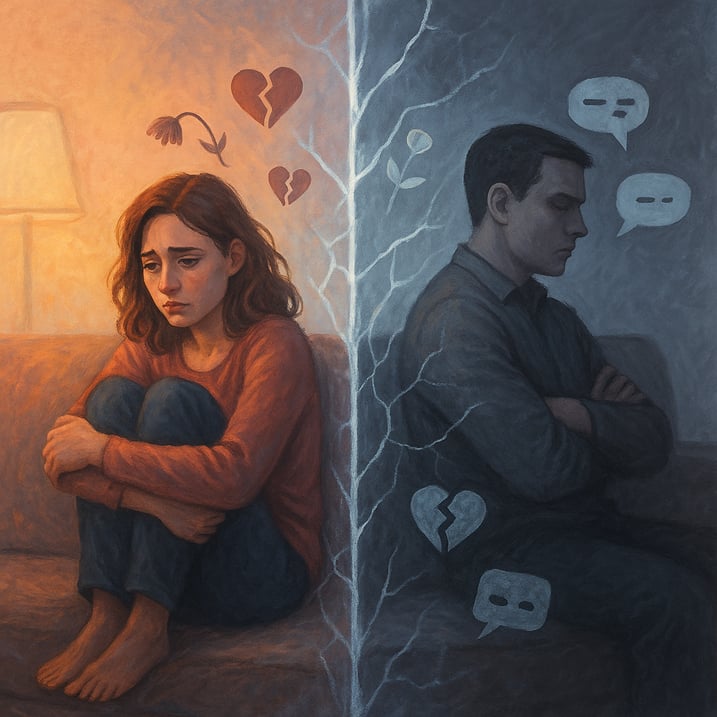The Conversation We’re Not Having About ADHD
We are living in an era of labels.
ADHD.
Anxiety.
Executive dysfunction.
Dopamine deficiency.
And for many people, the label brings relief.
“Finally. There’s a reason I can’t focus.”
“Finally. I’m not just lazy.”
And sometimes, that diagnosis is accurate.
However, here’s what I see every single week in my work with high-capacity adults:
The label explains the behavior.
It does not resolve the pattern.
And the pattern is what’s running your life.
High-Functioning and Still Struggling
I work with entrepreneurs. Executives. Creatives. Parents. Leaders.
People who solve complex problems every day.
And yet …
They procrastinate until pressure explodes.
They hyperfocus on work but feel lost in relationships.
They overperform in one area and underperform in another.
They feel ashamed of their inconsistency.
Many of them have been told, “You have ADHD.”
Sometimes that’s accurate.
And what I see over and over again is this:
It’s not just about attention.
It’s about attachment.
It’s about regulation.
It’s about alignment.
ADHD or Survival Pattern?
Let’s be clear: ADHD is real. Brains are wired differently. Neurodiversity exists.
But here’s what rarely gets explored:
How many behaviors we call “ADHD symptoms” are actually unresolved survival patterns?
- Avoiding tasks that trigger shame
- Distracting yourself from emotional discomfort
- Hyperfocusing where you feel competent
- Struggling with follow-through when anxiety rises
- Feeling paralyzed when expectations feel overwhelming
Those aren’t just neurological glitches.
They’re often adaptive strategies that once protected you.
A child who grew up criticized learns to avoid what might expose them to failure.
A teenager who felt unseen learns to perform where they can win.
A young adult who felt emotionally unsafe learns to disconnect rather than feel.
Fast forward 20 years, and now we call it executive dysfunction.
Before we label it executive dysfunction, we should ask: Is this a cognitive deficit or an emotional overload?
What if part of it is an unexamined attachment storm running quietly in the background?
The Real Cost
Most of the people I coach are not lazy.
They are dysregulated.
They are overloaded.
They are privately ashamed.
They live in a world that rewards output but rarely teaches emotional regulation.
So they try to manage it on their own.
They overwork.
They stay late.
They take on more.
They chase the next achievement because competence feels safer than vulnerability.
Work becomes the place they feel most in control.
They numb. With whatever works. Like…
With food.
With alcohol.
With porn.
With scrolling.
With shopping.
With gaming.
With anything that quiets the restless feeling in their chest.
They don’t call it numbing.
They call it “unwinding.”
They avoid. Some of which looks like…
They leave messages unanswered.
They delay hard conversations.
They miss deadlines and promise they’ll do better tomorrow.
They ghost instead of explaining.
They procrastinate until urgency replaces vulnerability.
They spiral.
Frustration becomes irritability.
Irritability becomes anger.
Anger turns outward to sharpness, defensiveness, and blame.
Or inward to self-criticism, shame, withdrawal.
Then they’re told to download another productivity app.
Or change medications.
Or “try harder.”
Or “just get organized.”
That is not the solution.
The Shame Loop
People with ADHD, diagnosed or not, often live in quiet shame. They are high-capacity and inconsistent at the same time.
They feel behind.
They feel scattered.
They feel frustrated with themselves.
And shame fuels avoidance. Avoidance fuels more shame.
Now you’re in a loop. And calling it a dopamine issue doesn’t break it.
The Missing Piece: Relational Alignment
In the PIVOT Process, we don’t start with diagnosis. We start with alignment.
Yes, some brains are wired for novelty and stimulation. But when someone says:
“I can handle high-pressure decisions all day, but I freeze when something feels emotionally loaded.”
“I hyperfocus for hours but avoid one uncomfortable conversation.”
“I know what I should do. I just don’t do it.”
That’s not just attention. That’s internal misalignment.
Most adults struggling with ADHD-like symptoms aren’t incapable.
They’re out of sync.
Three parts of them are disconnected:
- What they think
- What they feel
- What they do
You think you should send the email.
You feel anxious about what it means.
So you avoid it.
You think you should commit.
You feel overwhelmed by expectations.
So you pull away.
You think you want structure.
You feel trapped by structure.
So you resist it or force it rigidly.
That gap between thinking, feeling, and doing?
That’s relational alignment.
When those three line up, behavior changes.
When they don’t, you spiral.
No productivity hack can fix that.
Ask yourself:
Are you operating from your Healthy Adult or from a survival pattern?
When thinking, feeling, and doing align:
Clarity reduces paralysis.
Boundaries reduce overwhelm.
Self-trust reduces distraction.
You don’t need to “fix” yourself.
You need a framework.
The Missing Skill: Emotional Regulation
Before planners and apps, we need regulation.
Can you:
- Notice what you’re feeling?
- Tolerate discomfort without escaping it?
- Stay present when something feels overwhelming?
- Set boundaries so you’re not constantly overstimulated?
If not, no system will stick.
Because this isn’t just about focus.
It’s about emotional capacity.
Why This Matters in Relationships
In dating and long-term relationships:
Inconsistency looks like disinterest.
Avoidance looks like emotional unavailability.
Hyperfocus looks like intensity, then disappearance.
Partners experience confusion.
Confusion often turns into criticism.
Criticism turns into shame or anger.
Neither person understands what’s actually happening.
When someone learns:
- How their survival patterns formed
- How attachment influences focus and avoidance
- How to regulate instead of escape
- How to set clear relational boundaries
Everything changes.
Not because they became someone else.
But because they became aligned.
Industry Shift: Stop Managing Symptoms. Start Integrating the Person.
We label.
We medicate.
We optimize productivity.
But we rarely teach:
- How attachment history affects focus
- How shame impacts follow-through
- How boundaries reduce overwhelm
- How alignment creates consistency
You are not broken. However, you may be misaligned. And alignment is trainable.
As Dr. Gábor Maté has said, a diagnosis “describes behavior; it doesn’t explain it.” He has long argued that ADHD is often understood too narrowly as a genetic brain disorder, when in many cases it is shaped by early stress, environment, and developmental experiences. Medication can reduce symptoms. It can be helpful. But symptom relief is not the same as integration.
What I know to be true is that reducing impulsivity doesn’t automatically resolve shame. Improving focus doesn’t automatically repair attachment wounds. And calming the nervous system chemically doesn’t teach someone how to regulate it relationally.
What Actually Helps
If you struggle with focus, follow-through, or inconsistency, start here:
1. Separate Shame from Responsibility
Shame says: “Something is wrong with me.”
Responsibility says: “This is mine to understand and change.”
You don’t improve behavior by attacking yourself.
Notice when your internal dialogue sounds like:
- “I’m lazy.”
- “I always screw things up.”
- “Why can’t I just get it together?”
That voice fuels avoidance.
Instead, shift to:
- “Something is getting activated here.”
- “What am I reacting to?”
- “What feels threatening about this moment?”
You can take responsibility without humiliating yourself. That’s strength.
2. Track Avoidance in Real Time
Avoidance isn’t random. It’s protective.
The next time you delay something, pause and ask:
- What am I feeling right now?
- Is this anxiety? Pressure? Fear of being judged?
- What story am I telling myself?
Most people skip this step and go straight to self-criticism.
But behavior makes sense when you understand the emotion underneath it.
If you avoid sending the email, what does it represent?
Rejection? Conflict? Exposure? Expectation?
You can’t change a pattern you don’t observe.
3. Identify Your Survival Pattern
Everyone has a default strategy.
When overwhelmed, do you:
- Overwork and perform?
- Escape into distraction?
- Withdraw emotionally?
- Get sharp and reactive?
- Freeze and procrastinate?
These patterns aren’t random personality traits. They are learned responses. At some point in your life, they protected you.
Now ask:
Is this pattern still protecting me or limiting me?
Awareness is the beginning of choice.
4. Build Emotional Regulation Before Chasing Productivity
If your nervous system is overloaded, no planner will save you.
Regulation means:
- Slowing your breathing when stress spikes.
- Naming what you feel instead of acting it out.
- Taking a pause before responding.
- Creating space between impulse and behavior.
Start small.
When you feel urgency rising, don’t rush.
When you feel criticized, don’t defend.
When you feel pressure, don’t overcommit.
Regulation creates capacity.
Capacity creates consistency.
5. Align Thinking, Feeling, and Behavior
Ask yourself:
- What do I think I should do?
- What am I actually feeling?
- What action would reflect my Healthy Adult, not my familiar impulsive behavior?
For example:
You think: “I need to have this conversation.”
You feel: Anxious.
Your survival pattern says: Avoid it.
Alignment says:
“I can feel anxious and still act in integrity and have the conversation I know I need to have.”
That’s integration.
When your head, heart, and behavior line up, follow-through becomes natural.
Not forced.
The Shift
You don’t need another productivity system. You need:
- Emotional clarity.
- Pattern awareness.
- Nervous system regulation.
- Relational alignment.
When those are in place, focus improves.
Consistency improves.
Self-trust improves.
Not because you bullied yourself into change.
But because you integrated yourself.
Final Thought
You are not broken.
You may have ADHD.
You may not.
But underneath whatever label you carry, there is a story.
When you understand your story, when you integrate thinking, feeling, and doing, and when you strengthen emotional regulation…
You stop feeling chaotic.
You stop just surviving.
You start living.
You stop avoiding.
You start leading your life.
That’s the work.
And it’s possible.















